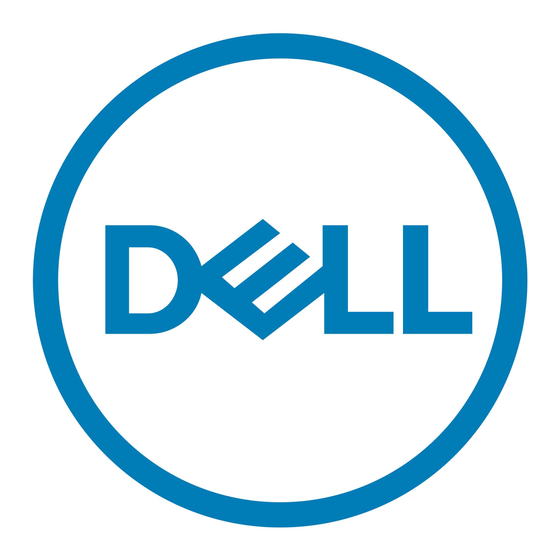Dell DX6000 Руководство по началу работы - Страница 9
Просмотреть онлайн или скачать pdf Руководство по началу работы для Сервер Dell DX6000. Dell DX6000 28 страниц. Rack installation instructions — static rails
Также для Dell DX6000: Дополнительное руководство (4 страниц), Инструкции по установке оборудования (2 страниц), Руководство пользователя (46 страниц), Руководство по установке и настройке (43 страниц), Руководство по установке и настройке (35 страниц), Уведомление (28 страниц), Уведомление (20 страниц), Обзор (19 страниц), Руководство по конфигурации (9 страниц), Руководство по конфигурации (9 страниц), Примечание к выпуску (8 страниц), Справочное руководство (12 страниц), Руководство по конфигурации (7 страниц), Примечание к выпуску (6 страниц), Примечание к выпуску (5 страниц), Информация о выпуске (5 страниц), Инструкции по установке (2 страниц), Инструкции по установке (2 страниц)

